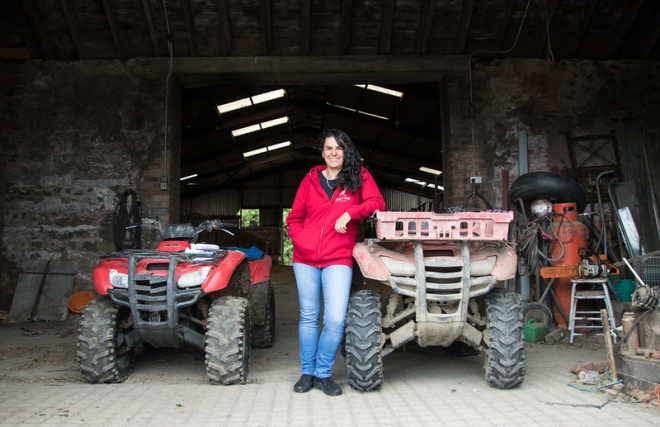Women in Agriculture: Leadership programme development research

The Scottish Government has released a publication on research which outlines the main findings conducted to inform the development of a leadership programme for women in agriculture, which will be funded by Scottish Government through the Women in Agriculture Development Programme.
This research was carried out to inform the development of a leadership programme with the aim to enable more women to take up leadership positions within Scottish agriculture, as recommended in the Women in Agriculture Taskforce's final report (2019). This will support the Scottish Government's wider vision for Scottish agriculture to become a fairer, more inclusive industry, where farm succession is not determined by gender, training is accessible to everyone, and more women take on senior roles in organisations.
An evidence review was carried of leadership programmes and models suitable for women in Scottish agriculture, and conducted a total of 6 in-depth interviews with women in mid-level and leadership roles in agriculture and other relevant sectors to gather their views and experiences.
Women face challenges in terms of gaining respect and proving themselves both as women in agriculture and women in leadership roles. Research has found that women who are given opportunities to connect with other women, speak about their careers and learn practical leadership skills are more likely to aspire for these roles.
Leadership programmes, and other personal development initiatives, can act as a stepping stone to board or leadership roles. Women-only leadership programmes have a range of benefits, including providing a safe environment for openness, self-reflection and learning. They can be key to building women's confidence and support networks within the industry and more widely. However, women-only leadership programmes can present limitations in terms of women-only networks.
A leadership programme for women in agriculture should focus on both practical and business skills, to develop women's confidence, their resilience and industry knowledge, and encourage self-awareness and reflexivity through sessions exploring attendees' career goals and approach to leadership. The course should be over a longer time period (for example one year) with different types of sessions, from seminars and networking to one-to-one coaching. This will enable attendees to learn new skills, find leadership role models, meet other women in the industry and build their personal support networks. Women who are offered a place on the programme should have their own leadership goal.
For the full publication, click here.


